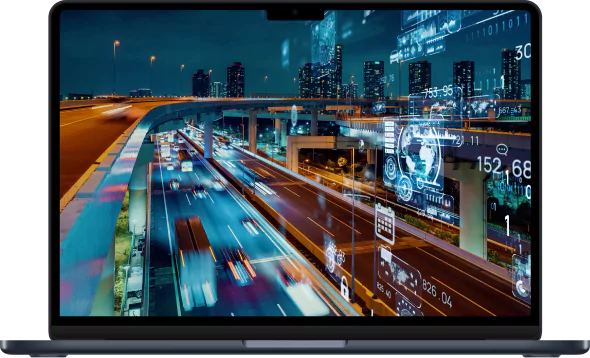The Problem
Traffic congestion in urban areas presented significant challenges. Daily traffic patterns varied widely; causing delays and commuter dissatisfaction. Static signal timings failed to accommodate peak-hour traffic.
This has created bottlenecks at critical intersections. Limited real-time data restricts authorities from making informed, dynamic decisions. The existing monitoring systems depended heavily on manual intervention, reducing efficiency and scalability.




